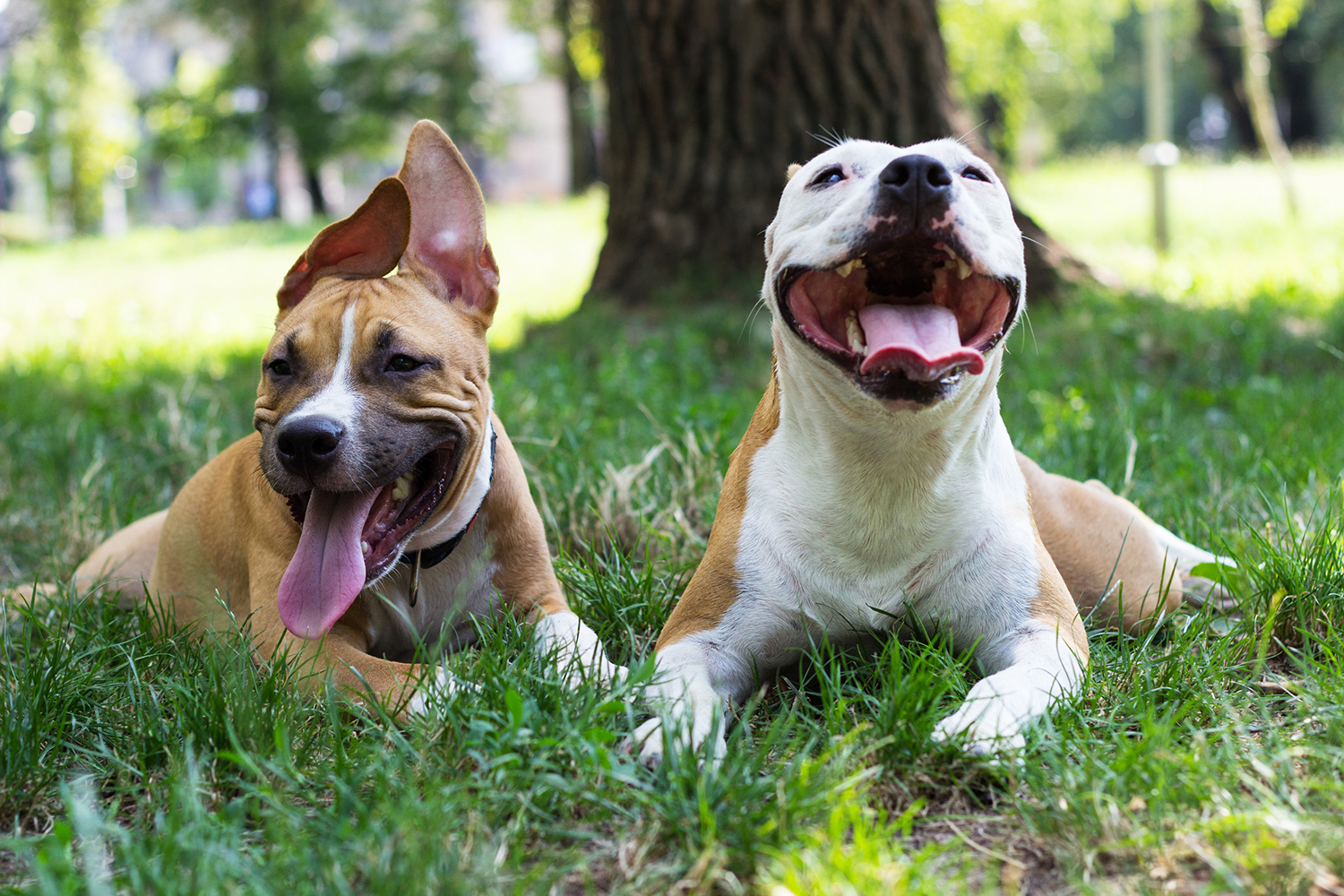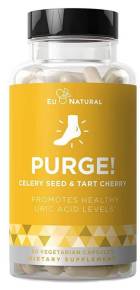These days you can hardly pick up a health magazine without reading about the positive benefits of good digestion. After teaching the value of gut health for 20 years, I'm so grateful many types of health practitioners are now understanding how critical a healthy gut is to a healthy body.
However, most pet parents don’t think about how essential good digestion is for their beloved dog or cat. My goal here is to explain how valuable and easy it can be to support your pet’s best digestion so he can live his most vibrant life.
Health Starts in the Gut
Humans and their pets share very similar physiology, with the similarities outweighing the differences. Poor digestion sets the stage, in both humans and their pets, for obesity, joint issues, liver stress, anxiety, and many other chronic disorders.
It’s quite probable you’ve heard of the “microbiome.” This term is used to describe the entire community of bacteria and other microbes residing in your gut. This intestinal community has billions of different critters dwelling together, some beneficial and others problematic.
Your Pet's Microbiome
Your dog or cat has a microbiome too. In the simplest terms, when digestion is impaired, most often the first result is an imbalanced microbiome, meaning the ratio of beneficial microbes to the problematic ones shifts. Over time, the gut environment becomes toxic due to the chemical result of the bad bacteria acting on undigested food. This in turn causes inflammation of the lining of the gut, allowing toxins into the rest of the body and decreasing efficient absorption of necessary nutrients like vitamins and minerals. Toxicity, along with nutritional deficiencies, sets the stage for chronic illness of all descriptions. We don’t want to let that happen.
Enzyme Deficency and Your Pet
Another important aspect of digestion has to do with enzymes, which are essential for all chemical processes in the body, including digestion. Without the proper enzymes, foods can’t be broken down into life-giving amino acids, minerals, and vitamins. In a functional gut, nutrients are then absorbed and used to maintain all aspects of health.
Enzymes are largely created by the pancreas, stomach, and small intestine. However, your pets were designed to get some supplemental enzymes from the foods they eat. When wolves and coyotes hunt and kill animals in the wild, they eat some of the entrails, “the guts,” which helps them meet their digestive enzyme needs. Of course, we typically don’t feed our dogs and cats the innards they’d be getting in the wild. The sad result is that most pets in the US can easily be enzyme deficient.
Processed Foods Are Bad for Pets too
By far, the most detrimental impact to your pet’s digestion are the processed foods that most dogs and cats eat daily. Even many of the most expensive varieties are completely void of appropriate quantities of essential nutritional components like probiotics and enzymes.
In my book, Natural Pet Care for Dogs, I delve into all of this information deeply. However, I hope from this brief introduction you can begin to understand why supporting your pet’s gut is critical to his long-term health.
I’d like to share two simple and effective ways to easily provide digestive support to your animals beginning today.
Digestive Supplements for Pets
Probiotic Support Tips
- Look for a probiotic supplement that provides a minimum of 20 billion live cultures per serving so your dog or cat receives a sufficient dose of friendly bacteria.
- Blend should include a minimum of 10 unique strains (different kinds) of bacteria, including Lactobacillus and& Bifidobacterium. Don’t be fooled by products containing just one or two strains.
- Supplement should contain clinically studied animal strains like B. animalis. d. Prebiotics are required within the product. Beneficial bacteria feed on prebiotics, which helps ensure they multiply and survive until consumed.
Enzyme Support Tips
- Best formulas are powdered and easy to sprinkle on your dog or cat’s food.
- Look for an enzyme blend formulated to support the dietary needs of canines or felines.
- Formula should contain protease, amylase, and lipase to assist with protein, carbohydrate, and fat breakdown.
- Some formulas contain ingredients like organic pumpkin, fennel, and ginger.
Pet-Friendly Superfoods
- flax
- alfalfa
- carrot
- pumpkin
- turmeric
- blueberry
- spinach
You may even find a product that offers probiotic support and enzyme support along with superfoods, all in one. Bottom line, the easiest way to maintain your pet’s healthy digestion and overall vitality is to make a commitment to bringing your dog or cat’s dead food back to life.





